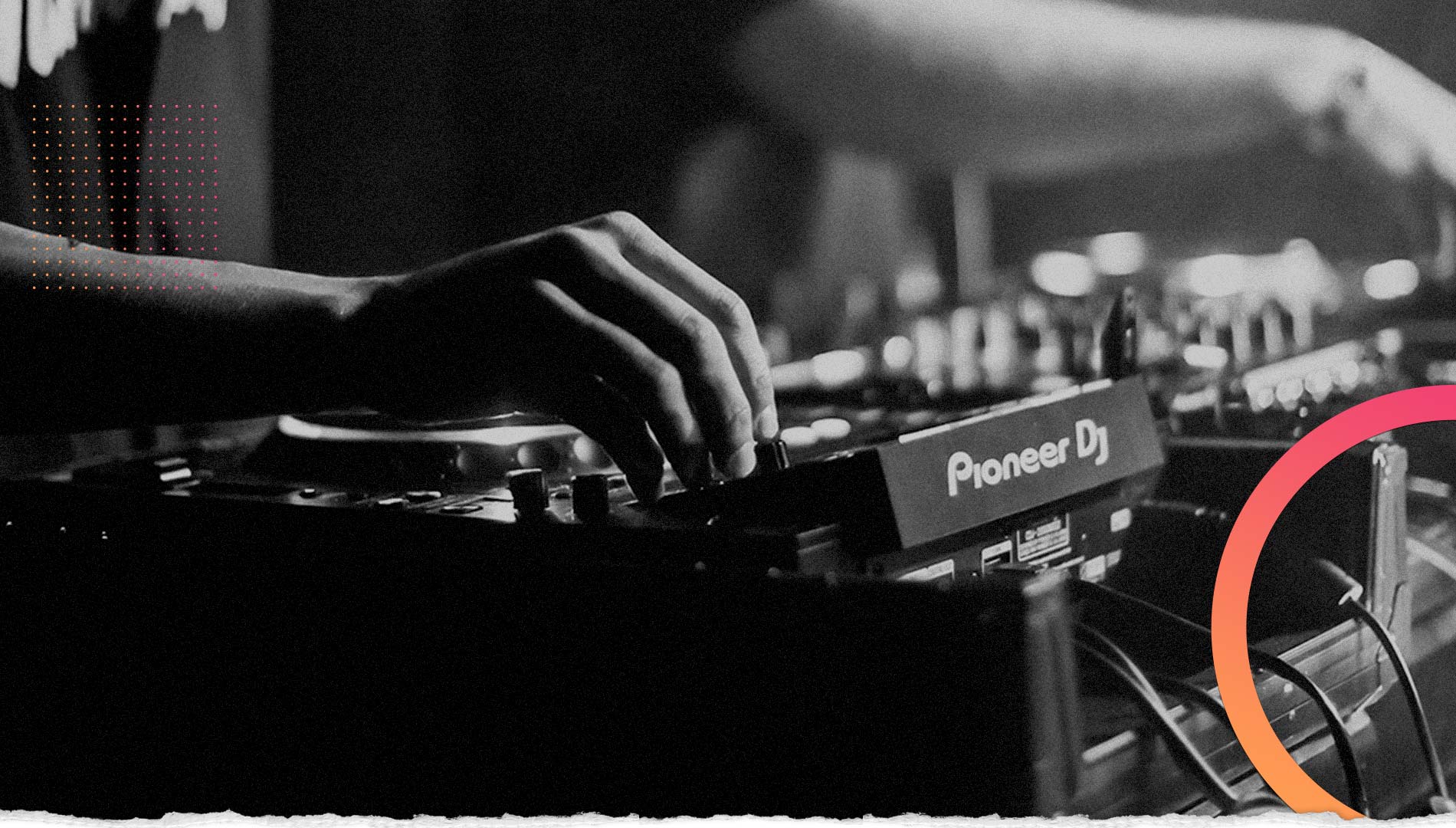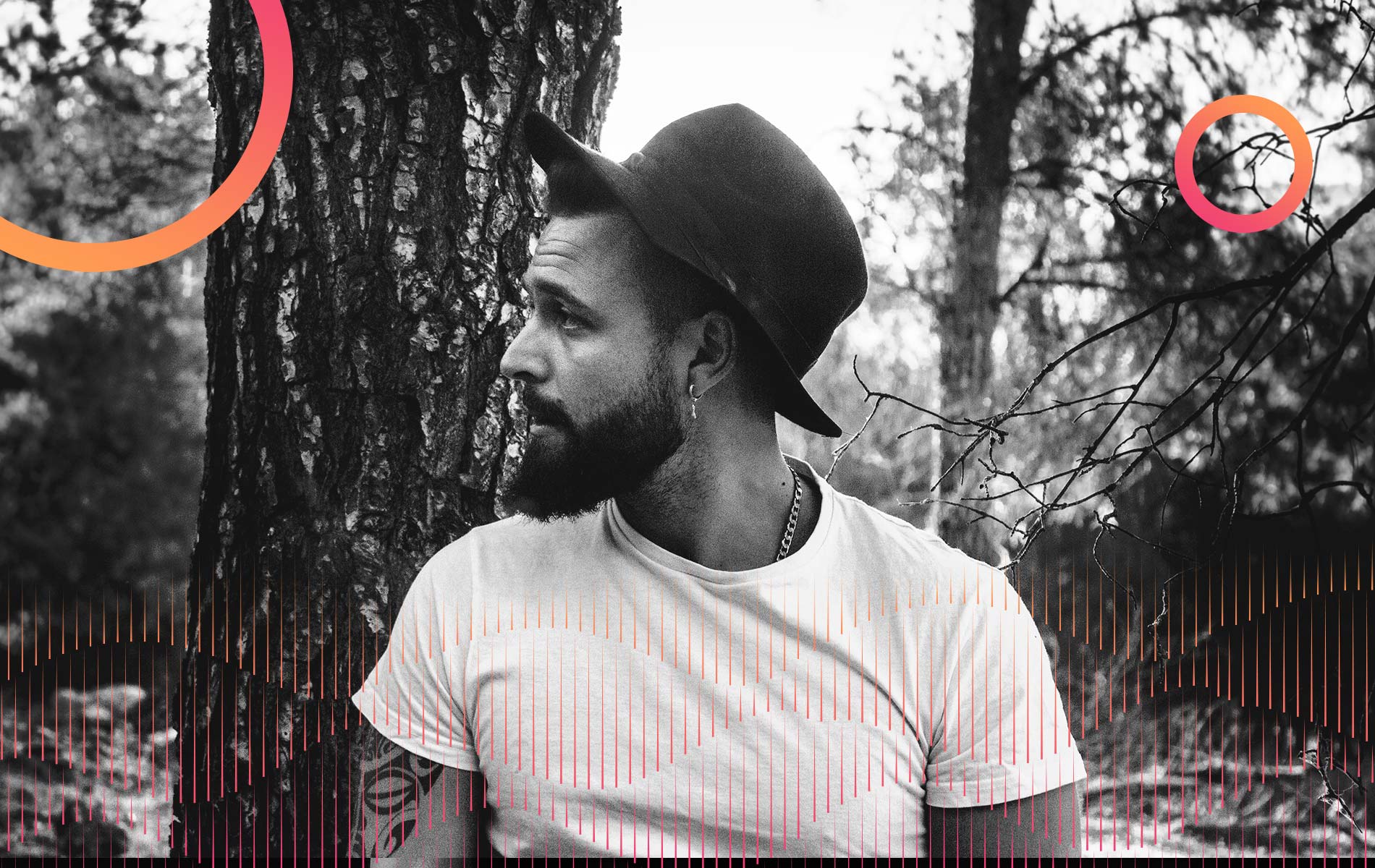Music has always been an important part of Maria Kvitka’s life. Before the war, she worked as a costume designer in Ukraine’s film industry, traveling frequently across the country to gather inspiration for her designs. Along the way, she collected traditional songs and sounds from Ukraine’s disparate regions.
Listeners:
Top listeners:
-
 play_arrow
play_arrow
Electromusic FM RADIO ONLINE 24/7
-
 play_arrow
play_arrow
London Calling Podcast Yana Bolder
Ukraine war songs: The musicians merging art and propaganda in the fight against Russia

August 9, 2023 at 10:17 a.m. EDT

“It was like therapy for me,” said Kvitka, 30. “Listening to them, you got the sense that Ukrainians were doing exactly the same thing for hundreds of years — they were always under attack from Russia. And you realize that if they can survive it, we can too.”
Kvitka, who won Ukraine’s “The Voice of the Country” talent competition last year, released her first album, “Give the Heart Freedom,” in May. Her songs are a haunting mix of lullabies, Ukrainian poetry, “white voice” — a Slavic singing style — and her own compositions.
“With the war, everything suddenly was under assault. Now people want to save their roots and traditions. Before, no one cared about this,” she said.
Kvitka is one of scores of new Ukrainian artists who have risen to prominence since the invasion. Together, they are on a mission to revive Ukraine’s folk traditions, fire up troops on the front lines and uplift a war-weary nation. They hope also to reclaim the nation’s showbiz scene, long dominated by Russian-language music and artists.
Ukrainians are breaking their ties with the Russian language
Russian music is now banned on local radio stations. Ukrainian artists who previously toured and were popular in Russia publicly cut ties with the invader nation. Bands and singers who had performed in Russian began translating and rereleasing their music in Ukrainian.
“During the Soviet Union, Ukrainian music was depreciated. They made it seem uncool and ugly,” Kvitka said. “I want to see its rebirth.”
Anna Sviridova, the program director at Ukraine’s Avto Radio, said that a divorce from Russia’s showbiz industry is well underway. “Ukrainian showbiz is starting to breathe freely and live its own life,” she said.
This cultural renaissance is happening even as Ukraine’s music business has come to a standstill. “The industry has stopped; there’s not even a word you can use to describe us right now,” said Yevhen Filatov, 40, a Ukrainian music producer.
Many artists canceled their tours and concerts to focus on the war effort. Musicians have given free concerts on the front lines, in metro stations and in underground bunkers, raising the morale of exhausted soldiers and citizens. Others donated their album profits to the army.
“Ukrainian artists have now united as one front to help the country,” said Tymofii Muzychuk, a member of the Kalush Orchestra, the Ukrainian band that electrified the nation by winning the Eurovision Song Contest last year. “Everyone is trying to do something useful.”
Sviridova describes it as “a time of opportunity” for new artists. There has been “an intense surge” in the popularity of Ukrainian musicians, she said, especially those who “consolidated their creative achievements alongside their moral and patriotic ones.”
“We have since realized the status of artist no longer matters. What matters is the song, the content and the mood it creates,” she said. “They have brought to the fore a lot of interesting music that was very inspiring for wartime Ukrainian society.”
Ukraine’s airwaves are filled with stirring songs dedicated to the siege of Mariupol and the battle for Bakhmut, the heroics of Ukrainian brigades and the havoc wreaked on Russia’s forces by newly acquired Western weaponry. Many of these tracks have spawned — and been inspired by — viral internet sensations, what Sviridova calls “musical memes.”
The Ukrainian songwriter Taras Borovok, 50, is at the heart of this propaganda machine. A lieutenant colonel, he headed not to the front lines when the war broke out but to a studio on the outskirts of Kyiv. He holed up there for three months — sleeping on a leather couch with a Kalashnikov and military fatigues next to him.
He and his team of producers churned out music videos encouraging Ukrainian men to join the army, songs commemorating fallen soldiers and tracks that have been played on loudspeakers across the front lines urging Russian soldiers to surrender.
“We are engaged in military propaganda,” Borovok said. “We monitor society, what are the hot topics, what is getting the maximum viewership.”
“If society’s mood has slipped a bit and if people are getting depressed, then I write something fun and encouraging,” he continued. “If we see that people are starting to forget the situation — are always going to bars and nightclubs — we write something to make everyone remember we are at war.”
On the fourth day of the war, Borovok received a phone call from his superior Serhiy Cherevaty, the spokesman for the Eastern Group of the Ukrainian Armed Forces. A huge column of Russian tanks was approaching Kyiv and people feared the capital would soon be encircled.
Instead, Ukraine used Turkish Bayraktar drones to bomb the head and tail of the column, while Ukrainian artillery battered the rest of the convoy.
“What can we do [that is] interesting about Bayraktar? How can we glorify it?” Borovok recalls Cherevaty asking. Twenty minutes later, Borovok had written “Bayraktar,” layering a catchy refrain over an infectious beat, accompanied by drums and an electric piano. The song went viral, being played millions of times online in a matter of days.
“No one could have thought that a simple song would pull the whole society out of depression and give it a healing slap in the face. People were like, “It’s okay. Now we’re winning,” Borovok said.
Eighteen months into the war, Sviridova says the public’s demand for “military content” has waned, although she insists it is still relevant.
“We all understand that society is getting tired, but we still shouldn’t forget that there is a war in our country,” she said. “Therefore, such content has the right to exist.”
Increasingly, however, Ukrainian artists are trying to draw their compatriots away from the relentless grind of the conflict, singing songs about love and joy, but also wrestling with more more-complex feelings about the war.
One band with such a focus is the electro-folk group Onuka, created by the musician Nata Zhyzhchenko, and Filatov, the producer, who also are a couple. When The Washington Post interviewed the duo last month, Zhyzhchenko, 38, was one day away from giving birth to their second child and two weeks away from the release of their new album, “ROOM.”
Each song on the album is dedicated to a different kind of internal struggle, and the tracks touch on experiences including women fleeing Ukraine with their children and people enduring the upending of their lives inside the country. “Room refers to the space that we lost — our ordinary surroundings, as well as our homes,” said Zhyzhchenko.
Zhyzhchenko, whose song “VICTORY” has become one of the most popular anthems of the war, says she thinks artists have a responsibility not just to write patriotic songs, but also to turn out “songs from the heart.”
“I think that people now need not only songs about grief and victory, they also need an outlet to share their feelings about, for example, their solitude between indifferent foreigners, or about losing your destiny, your business or your home,” Zhyzhchenko said.
Kvitka does not write directly about the war, but she still draws inspiration from it. “Kokhala,” her most well-known song — which she wrote about someone she lost — has resonated widely, with people often writing to her saying it has helped them work through their own pain.
“Music helps you to fight, but it also helps you cry,” she said. “A lot of Ukrainians do not cry; they don’t have the time, or they are trying to be strong all the time. Music opens you up.”
Written by: Soft FM Radio Staff
Art fight merging musicians propaganda Russia songs Ukraine war
Similar posts
Electro Music Newsletter
Don't miss a beat
Sign up for the latest electronic news and special deals
EMAIL ADDRESS*
By signing up, you understand and agree that your data will be collected and used subject to our Privacy Policy and Terms of Use.
Podcast episodes
 Invalid license, for more info click here
Invalid license, for more info click here
Copy rights Soft FM Radio.




